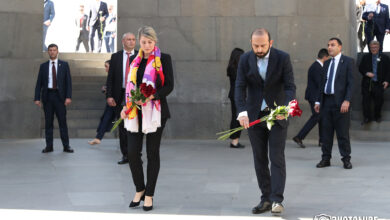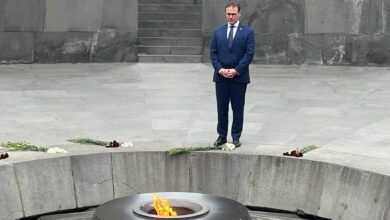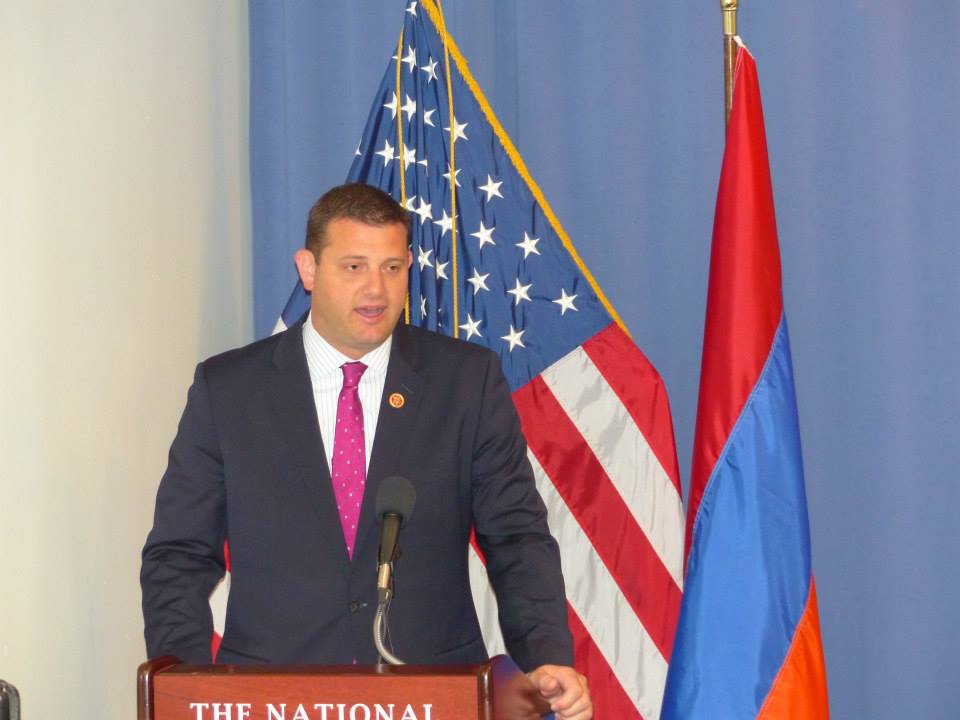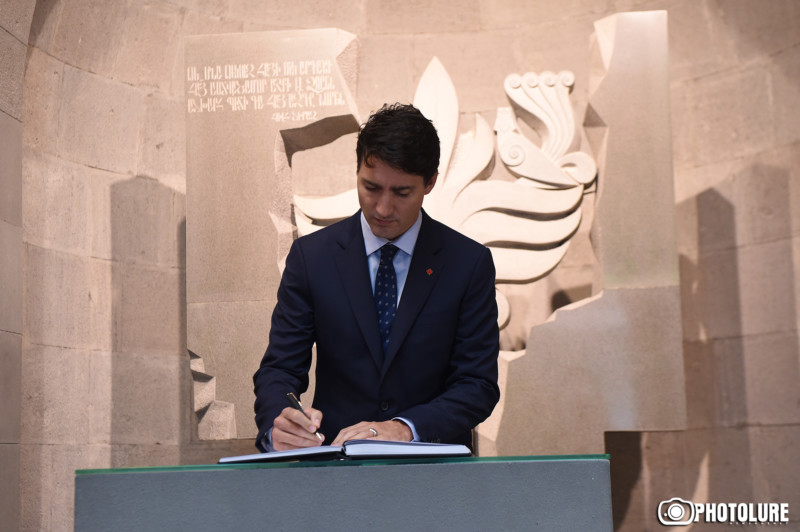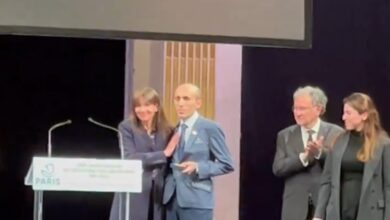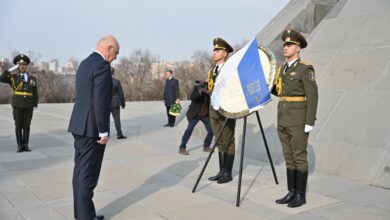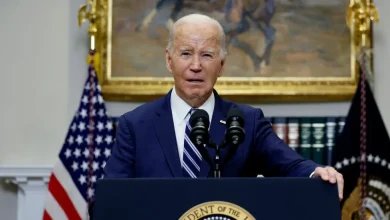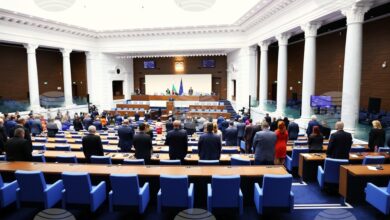Armenians call for German apology on genocide issue
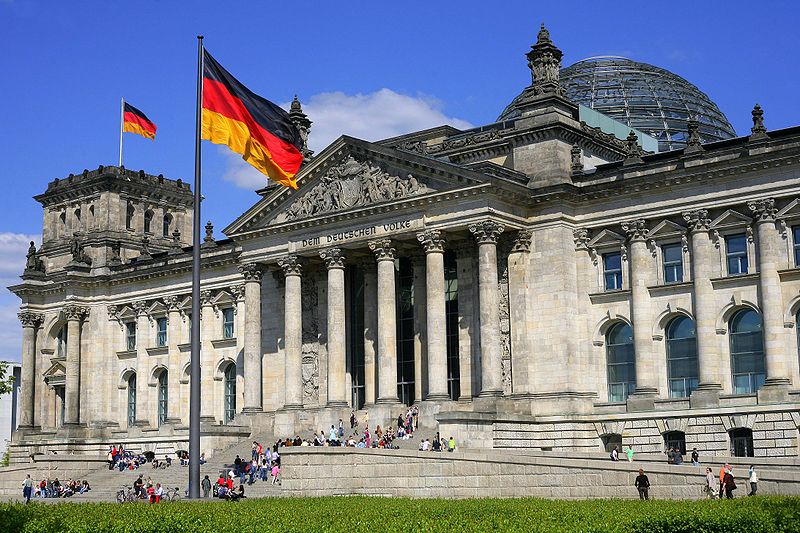
For years, Germany’s politicians have debated the question of whether the Armenian Genocide should be referred to as such. Shortly before the 100th anniversary of the massacre, the discussion has entered a new round.
On April 24, the world will mark the 100th anniversary of the start of the Armenian Genocide. But instead of a proper commemoration in the Bundestag, there is controversy, Richard A. Fuchs writes in an article published by Deutsche Welle.
On the day of the anniversary later this month, the German parliament will devote an hour to the debate over the crimes committed against Armenian Christians in the former Ottoman Empire. In the place of cross-party unity, dissent is expected to prevail.
The Greens and the Left Party are in favor of recognizing the massacre, which took place from 1915 to 1916, as a genocide. But that’s just what the governing coalition of Christian Democrats (CDU) and Social Democrats (SPD) want to prevent – likely over the fear that such a decision would lead to a deep freeze in diplomatic relations with Turkey. Ankara has steadfastly rejected any acknowledgment of the past events as genocide.
The involvement of the German Empire in the deportation of Armenians has long been considered as fact by historians. What has remained controversial, however, was the extent to which Germans were involved. Were they witnesses – or complicit?
But Christin Pschichholz, a historian at the University of Potsdam, says “The German government was fully aware of the policy of extermination of the Armenian population in the Ottoman Empire,” she said, after reviewing documents from Germany’s Foreign Office. Death marches, executions and forced labor – German diplomats meticulously recorded everything that was going on around them at the time.”
“The conclusion, that between the years 1915 and 1918 a genocide took place on the territory of the Ottoman Empire, has been known by the German government for the last 100 years,” said Rolf Hosfeld, of the House of Lepsius Organization, which runs a genocide studies program together with the university.
Bu that knowledge is not reflected in action. Government representatives have always avoided the use of the word genocide in connection with Armenia, instead using the terms “massacre” and “expulsion.”
According to the author, all eyes will be on the official commemoration on April 24 in the Armenian capital, Yerevan. And also on the German delegation that will travel to Armenia to mark the anniversary.
Here, too, it seems Germany has deferred to Turkish sensibilities and will send only a small delegation. DW has found out that the government’s human rights commissioner, Christoph Strässer, and Deputy Foreign Minister Michael Roth will travel to Yerevan.
Neither Chancellor Angela Merkel, nor Foreign Minister Frank-Walter Steinmeier are planning to take part in an event which will see many other prominent world leaders – including French President Francois Hollande.
Cem Özdemir, co-chairman of Germany’s Green party, who traveled through Armenia last month, sharply criticized Germany’s behavior in the Tagesspiegel. “With false regard to Mr. Erdogan, the government is downplaying the Armenian Genocide,” he said. “Hardly a dignified response toward the victims and their descendants.”


